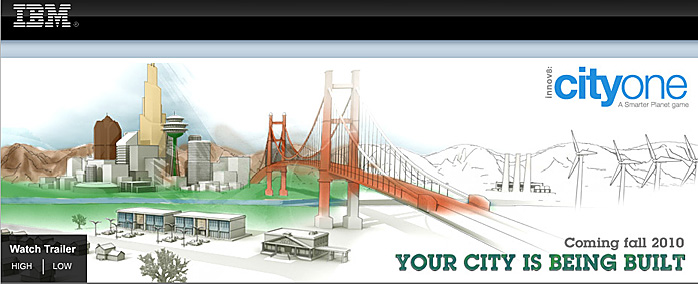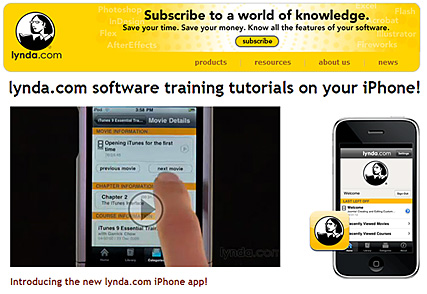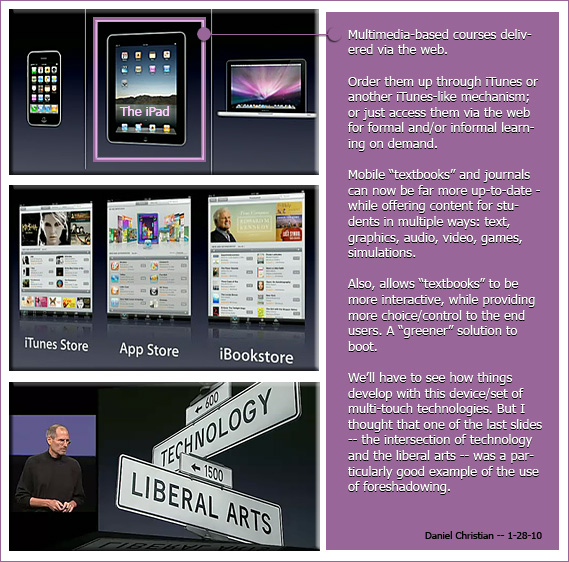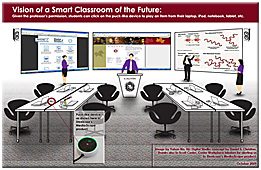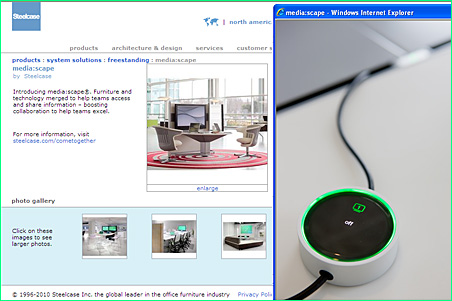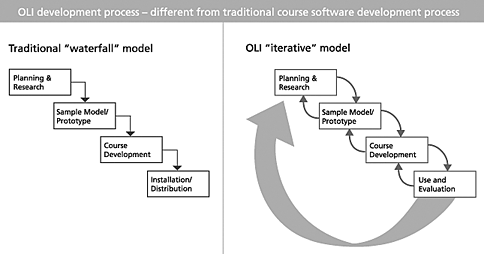Trends in Personal Learning — from Stephen Downes
From Stephen:
February 4, 2010 — [Slides][Audio] Audio and slides from my presentation last night, Trends in Personal Learning [presentation delivered to Canberra, Australia, online via Wimba]. Review of major trends in technology – personal access, content creation, presentation and conferencing, networking and community, immersion and simulation, augmented reality – and discussion of how these define and inform personal learning.
From DSC:
One of the slides is seen below — another good example that we are talking about an ever-changing range of tools, techniques, and methods of teaching and learning:
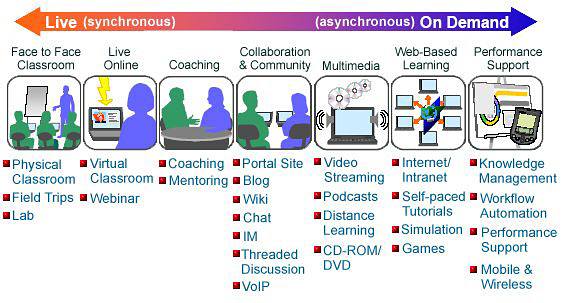
As Stephen mentions, this graphic is from:
http://cognitivedesignsolutions.com/ELearning/BlendedLearning.htm










